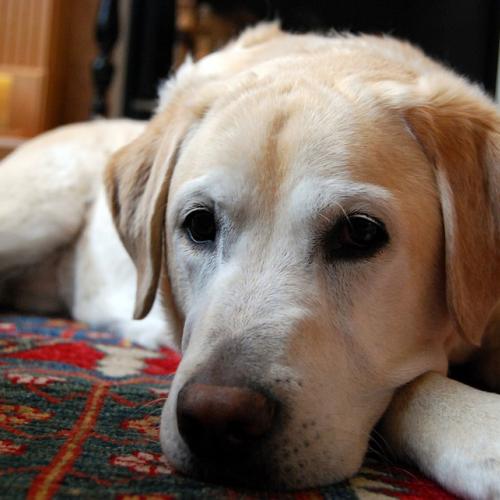Easter is a wonderful time of year with so many chocolate Easter eggs in abundance, but make sure you do not let your pet near them.

What is separation anxiety?
Signs to look out for?
Some questions to ask yourself about your dog
Christmas is an exciting time, but there are some things you want to keep your pet away from this Christmas.